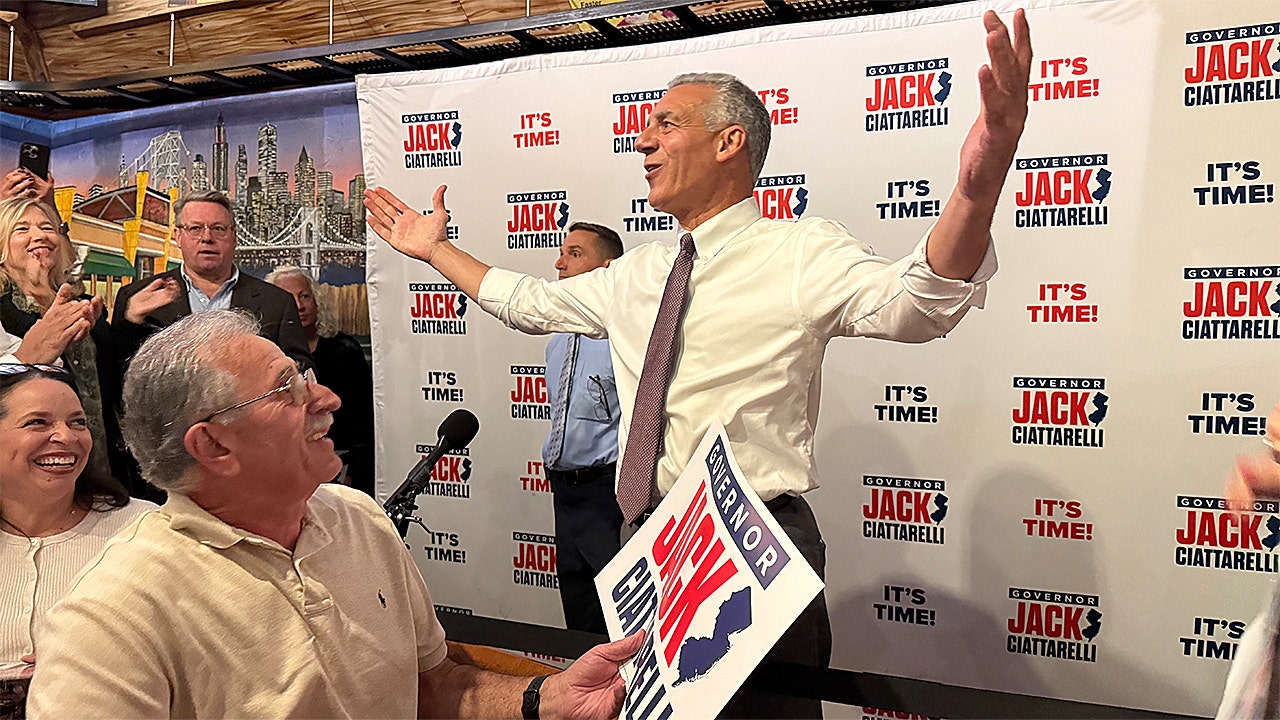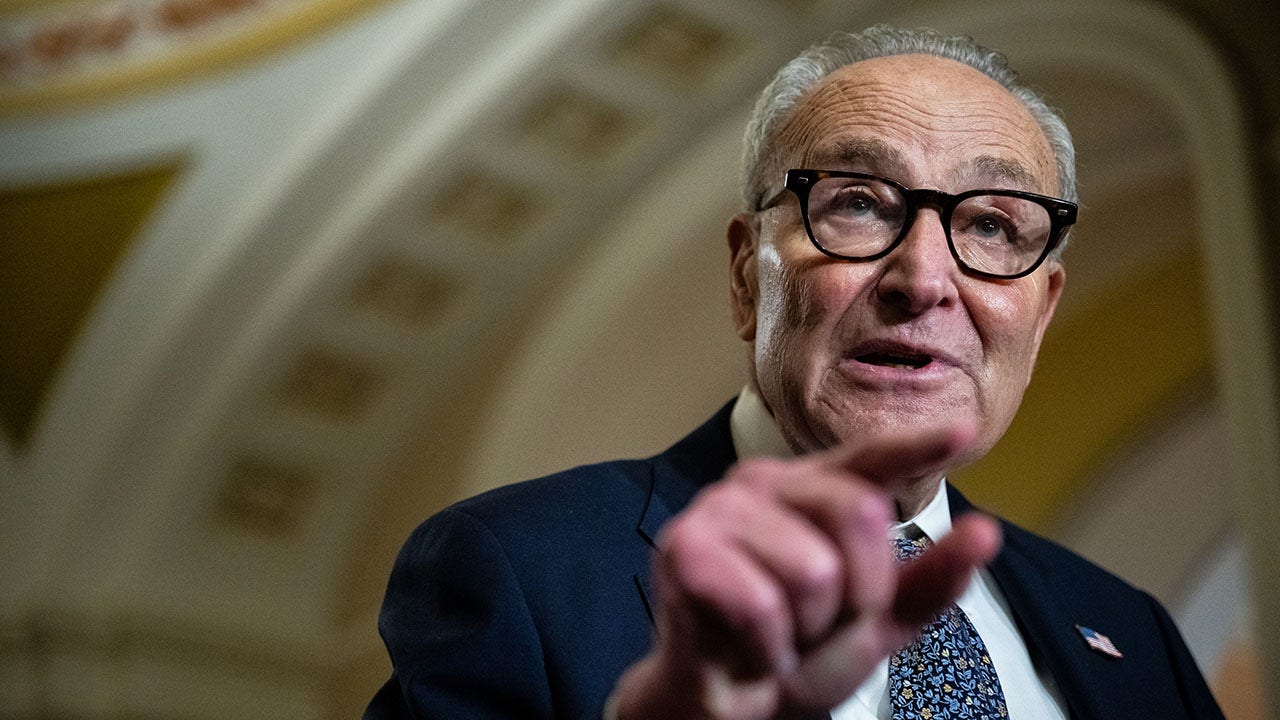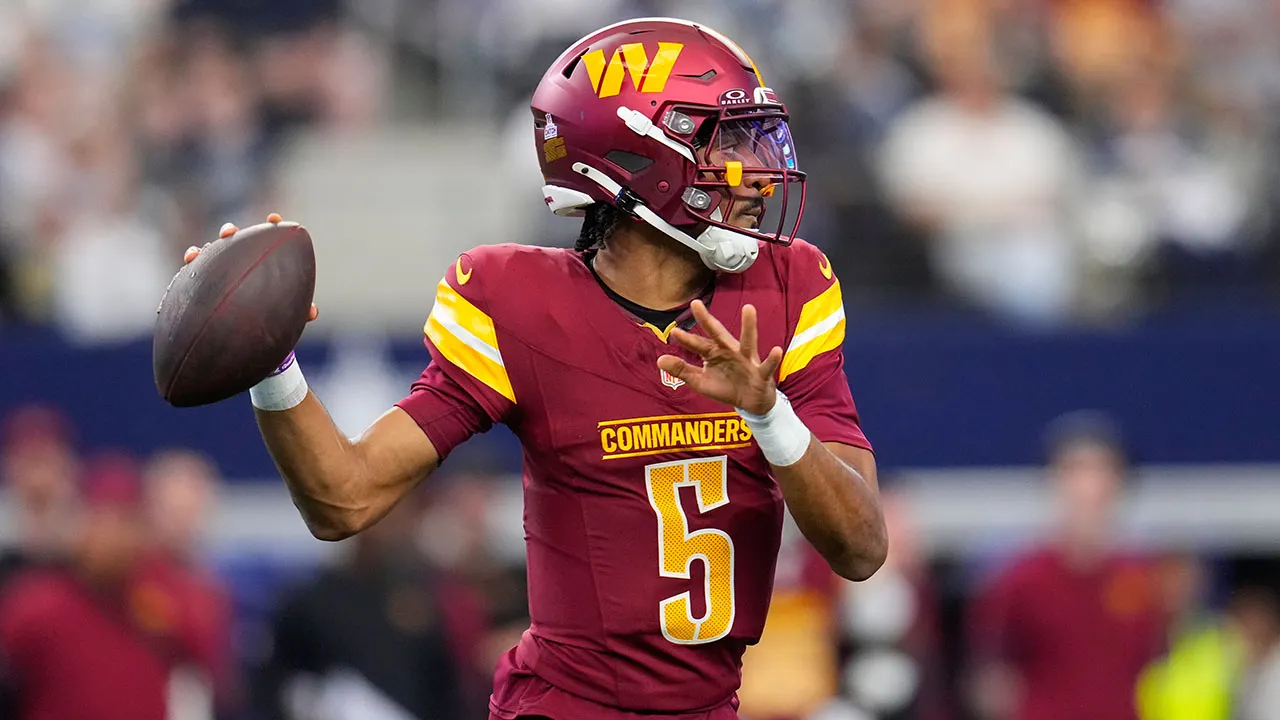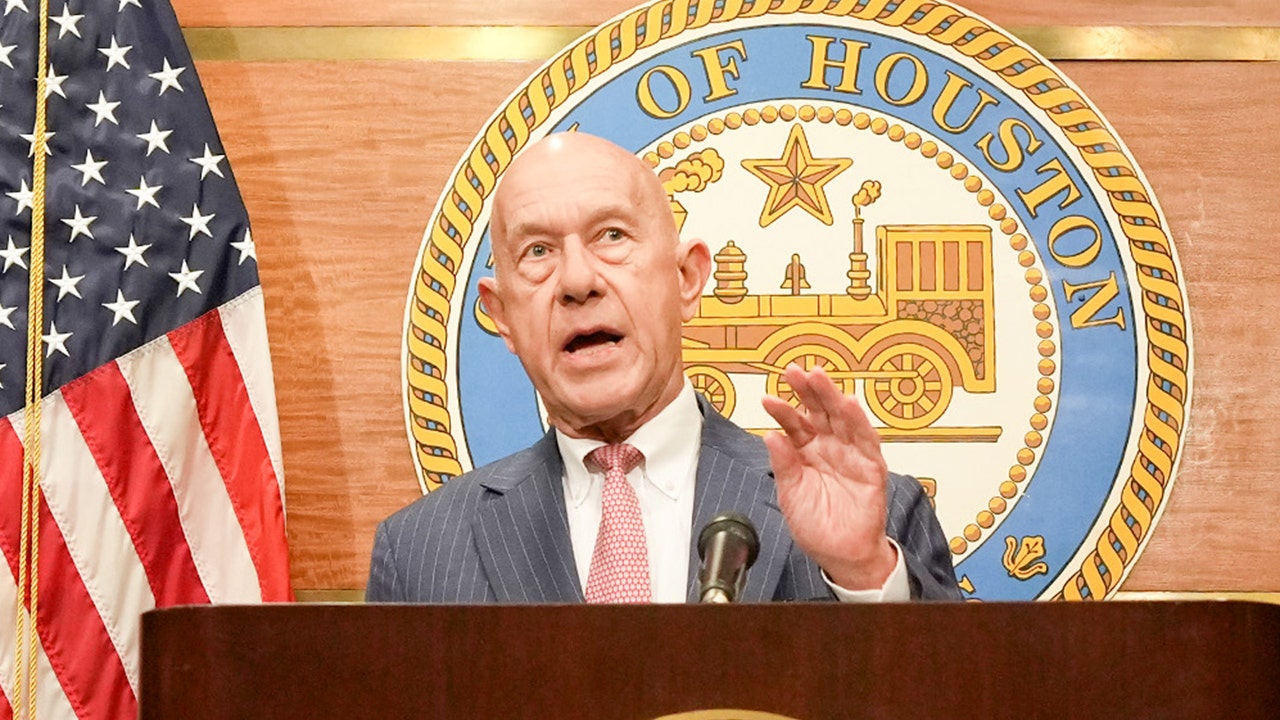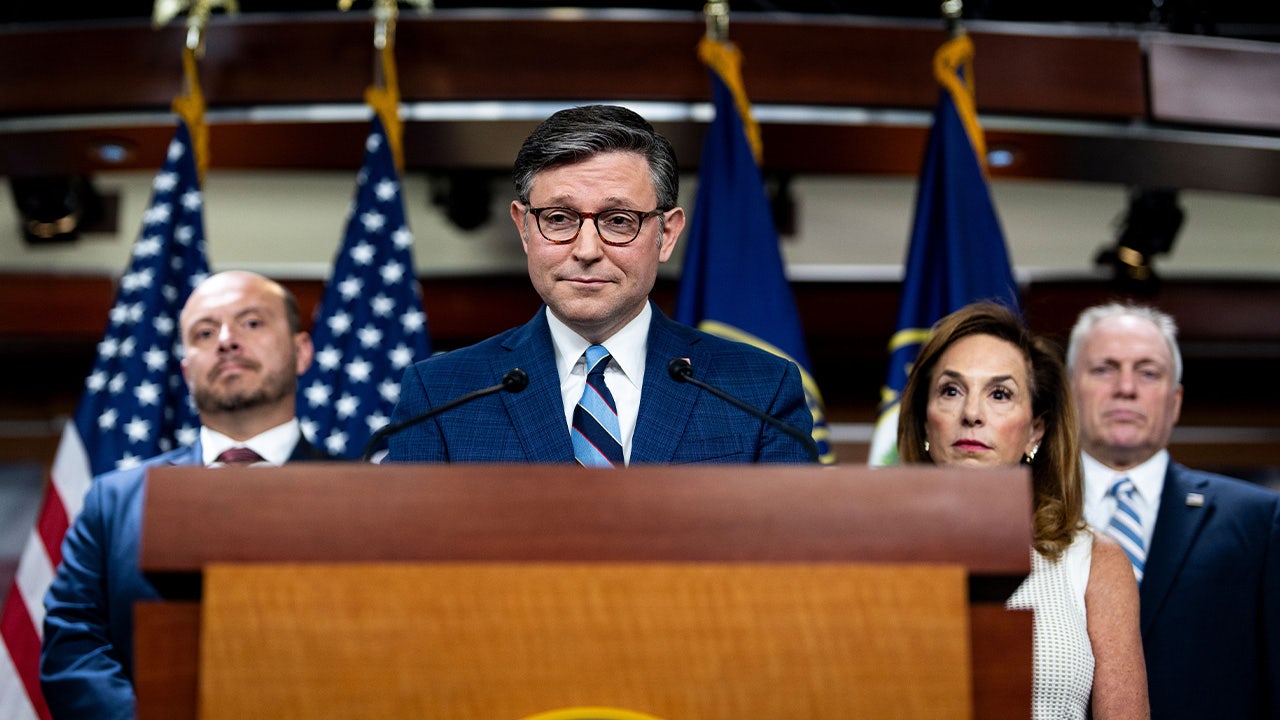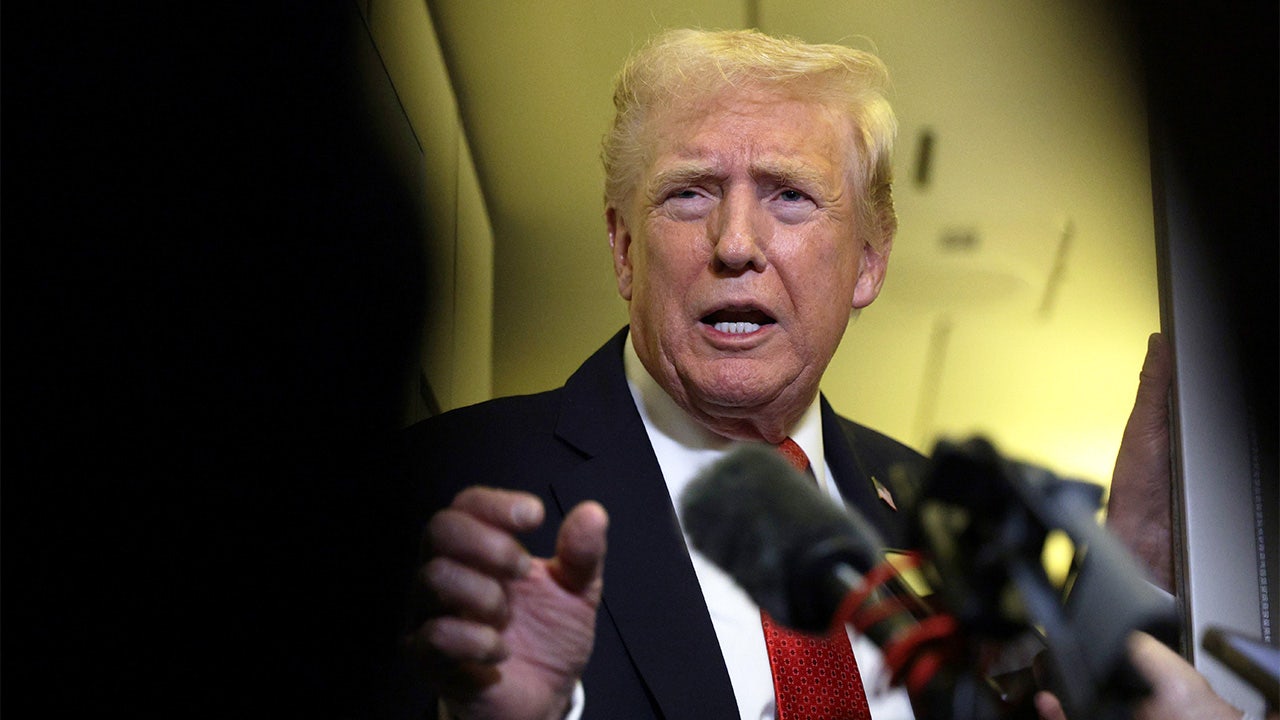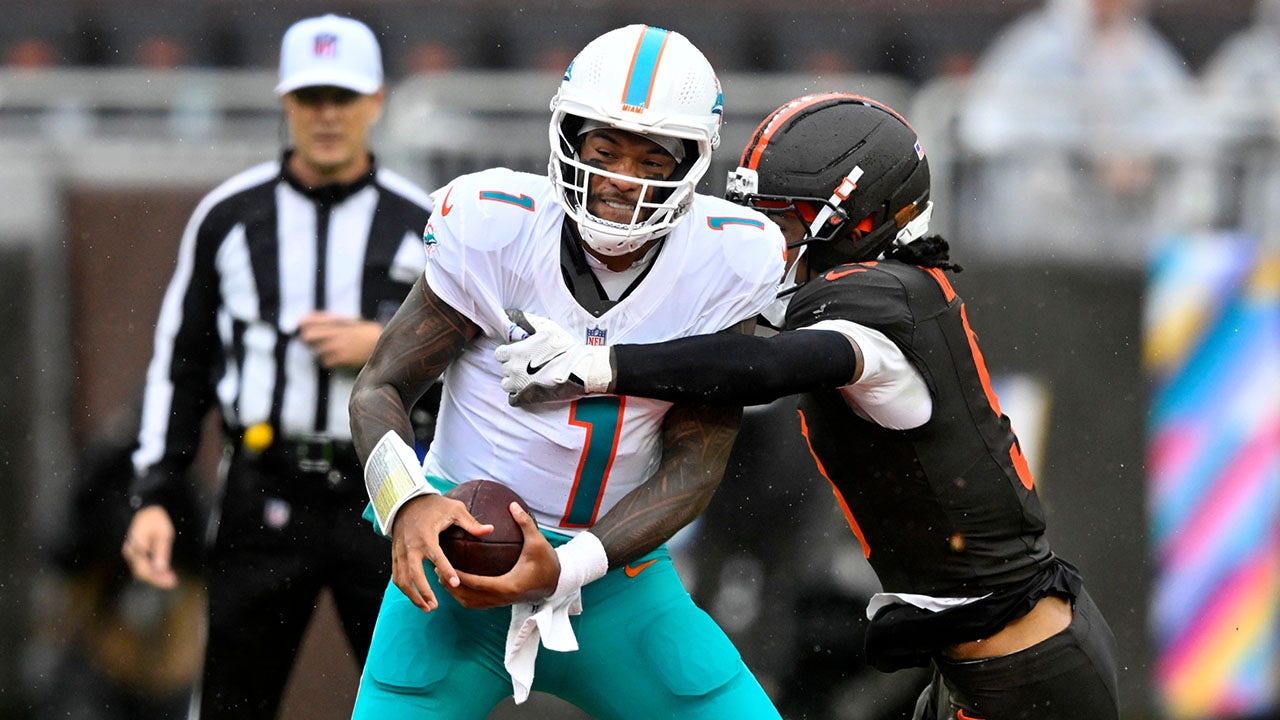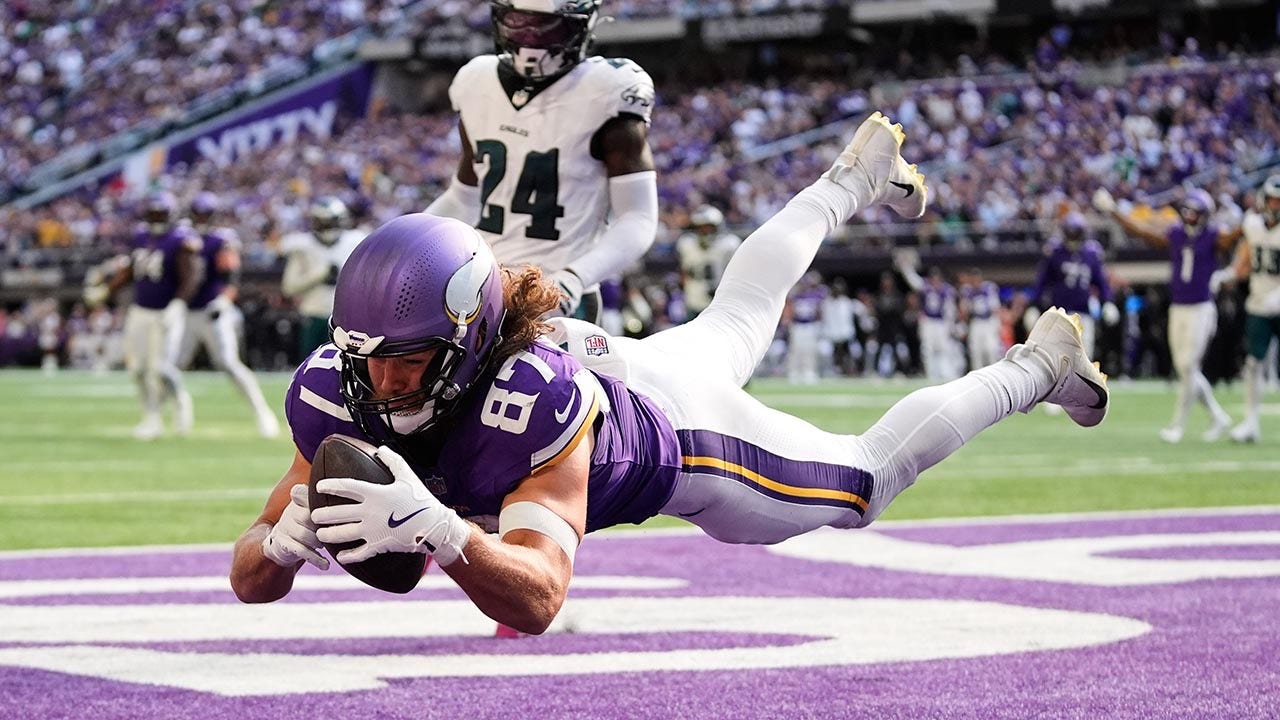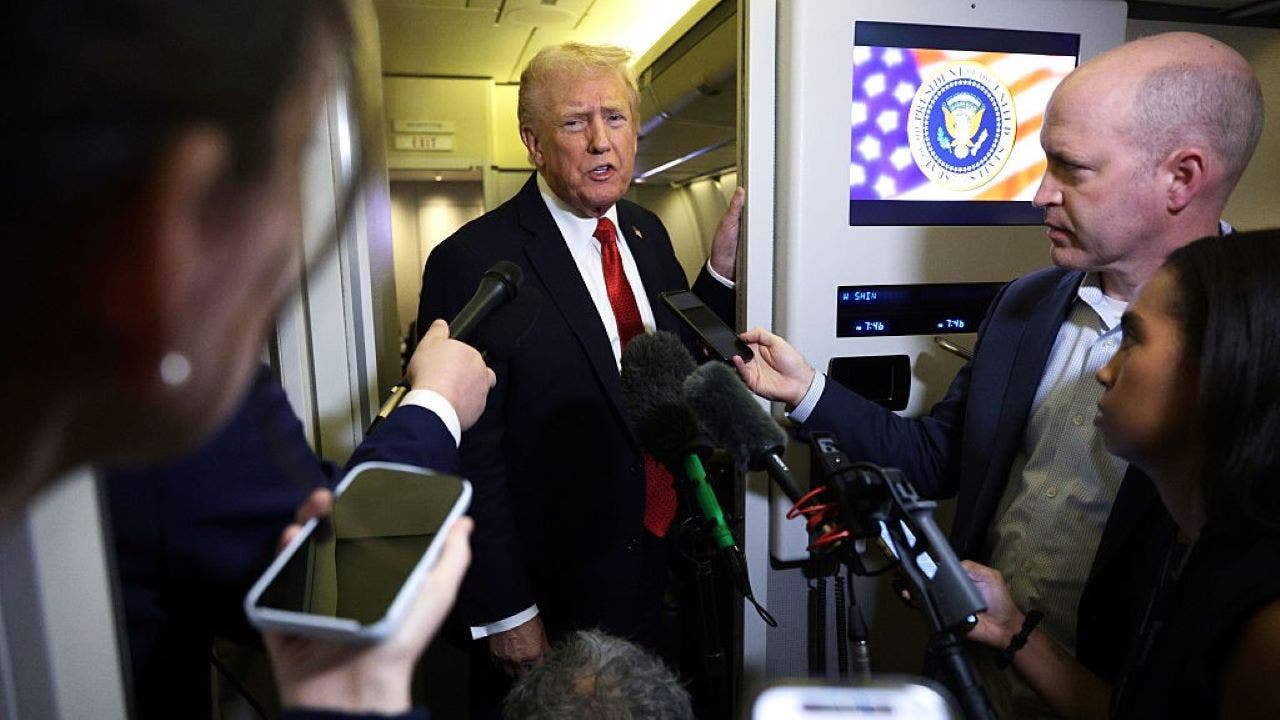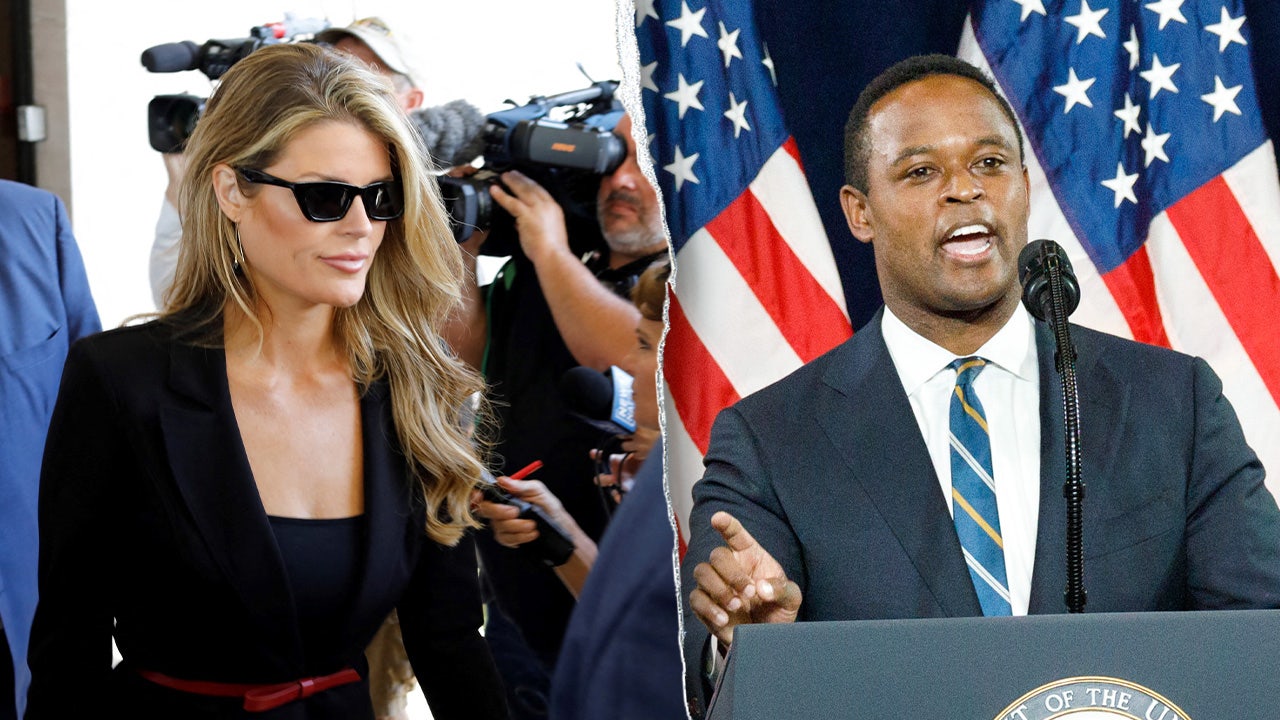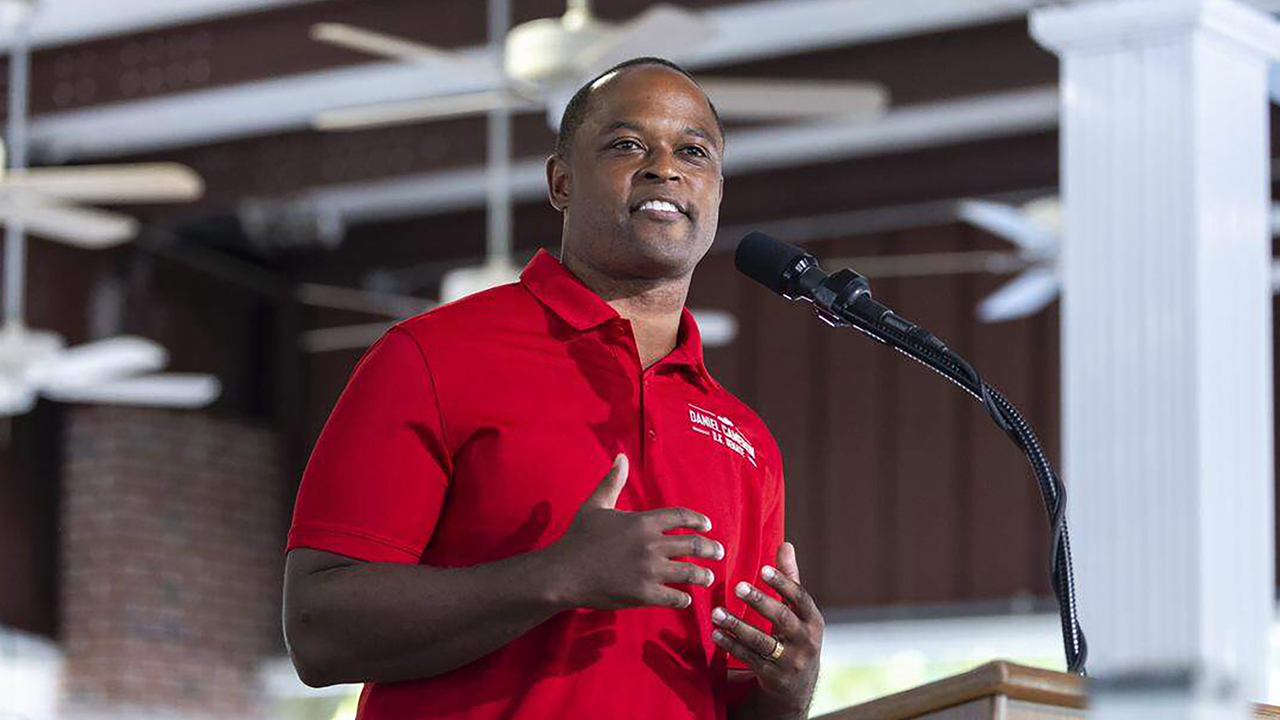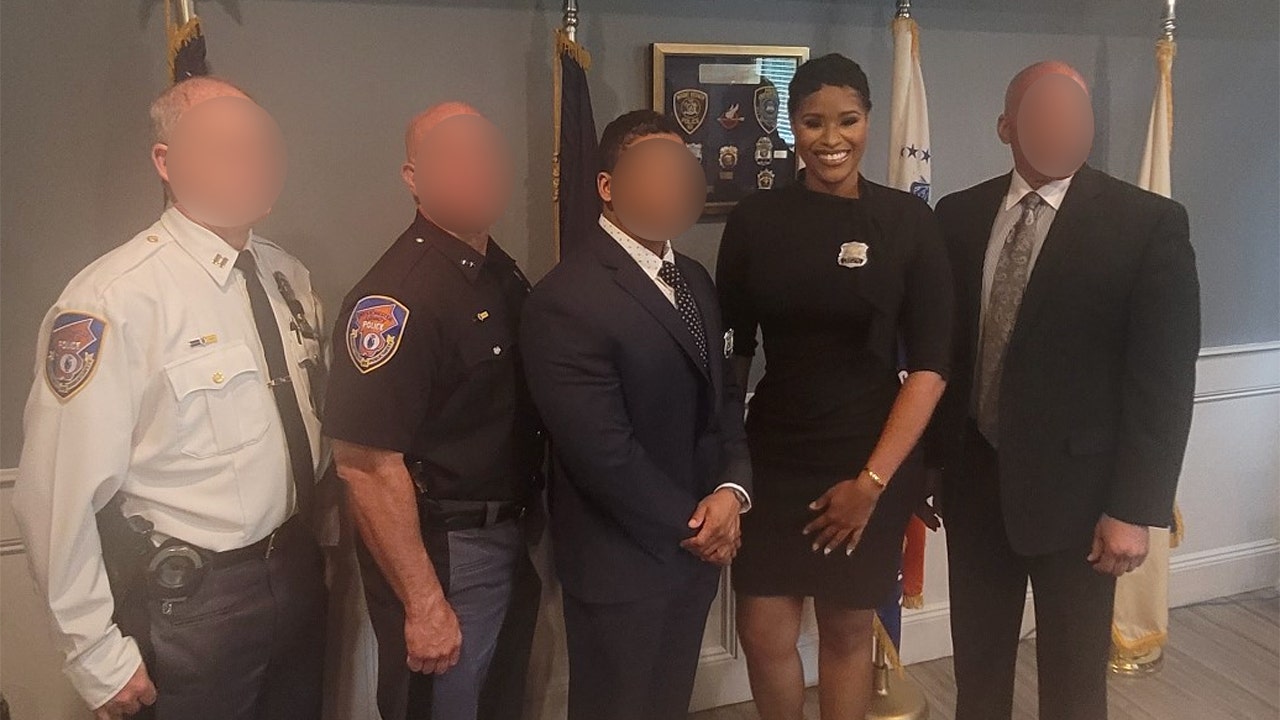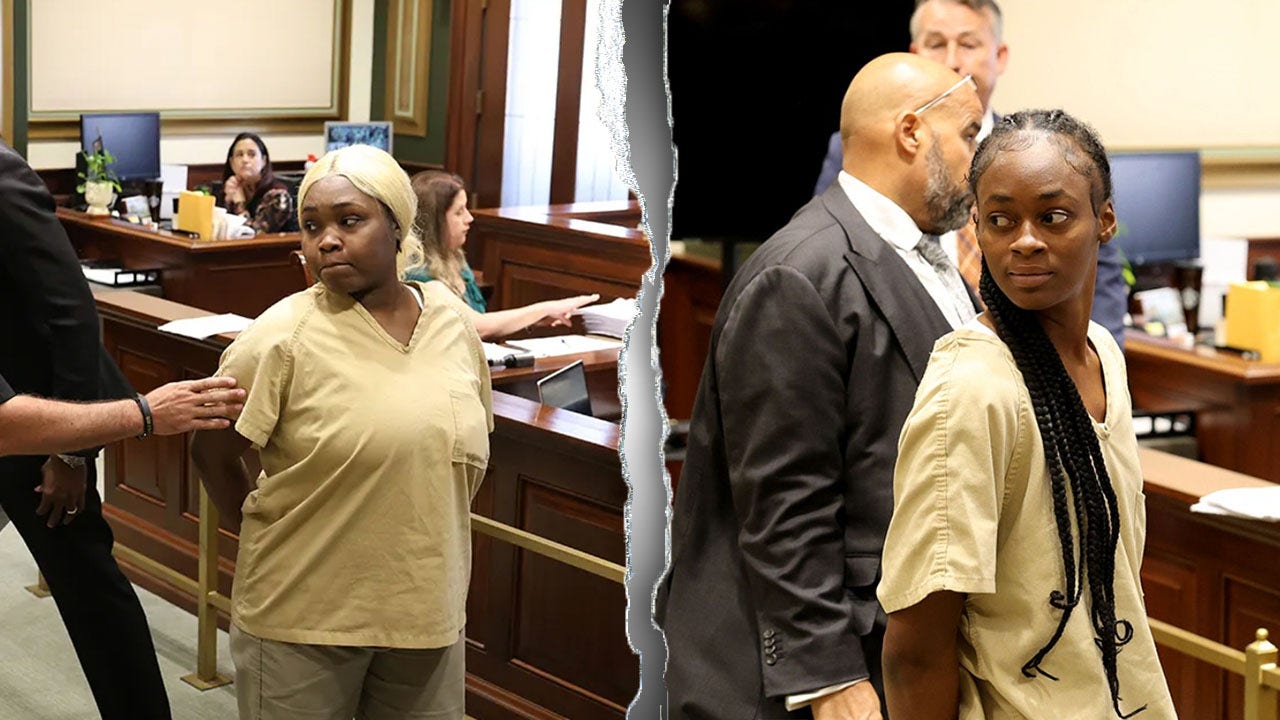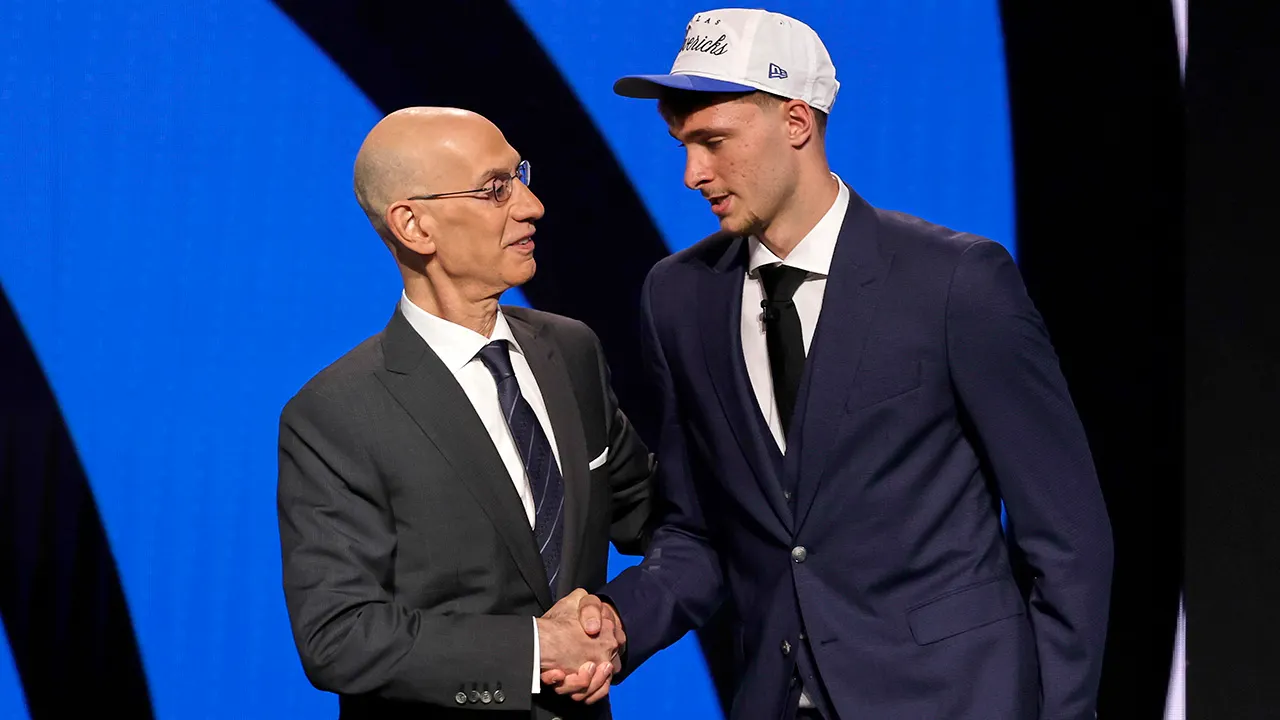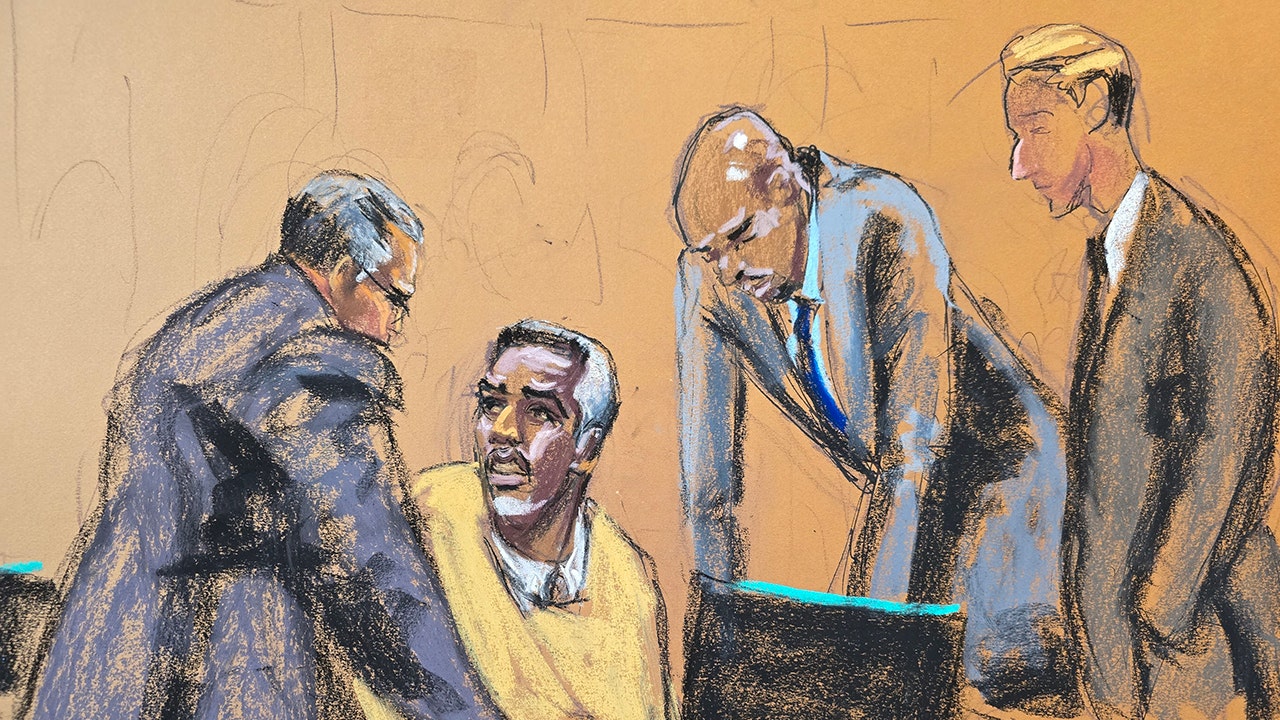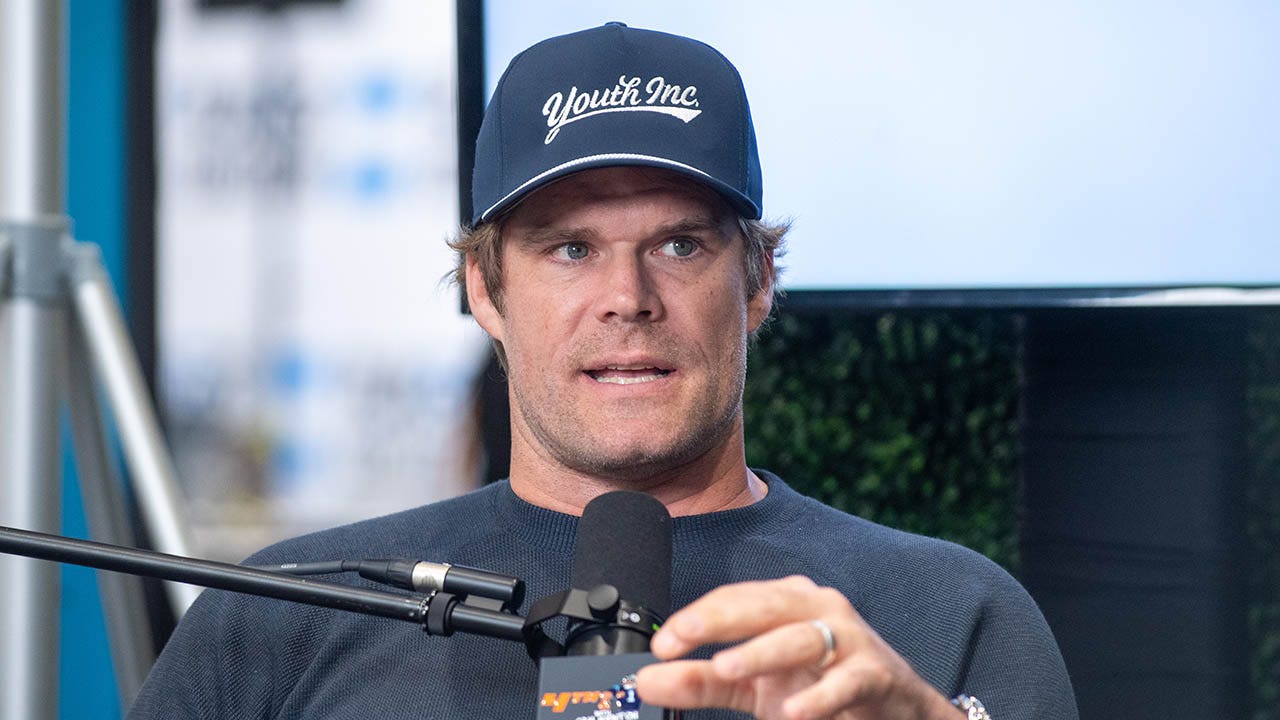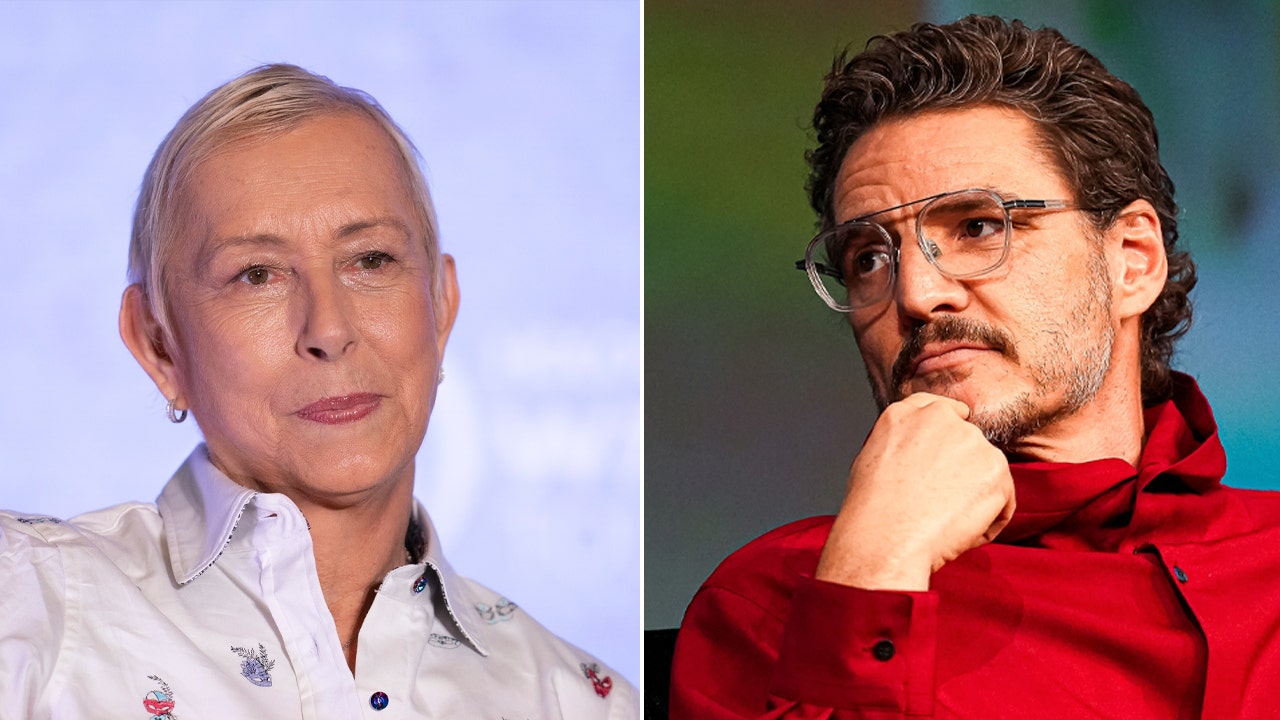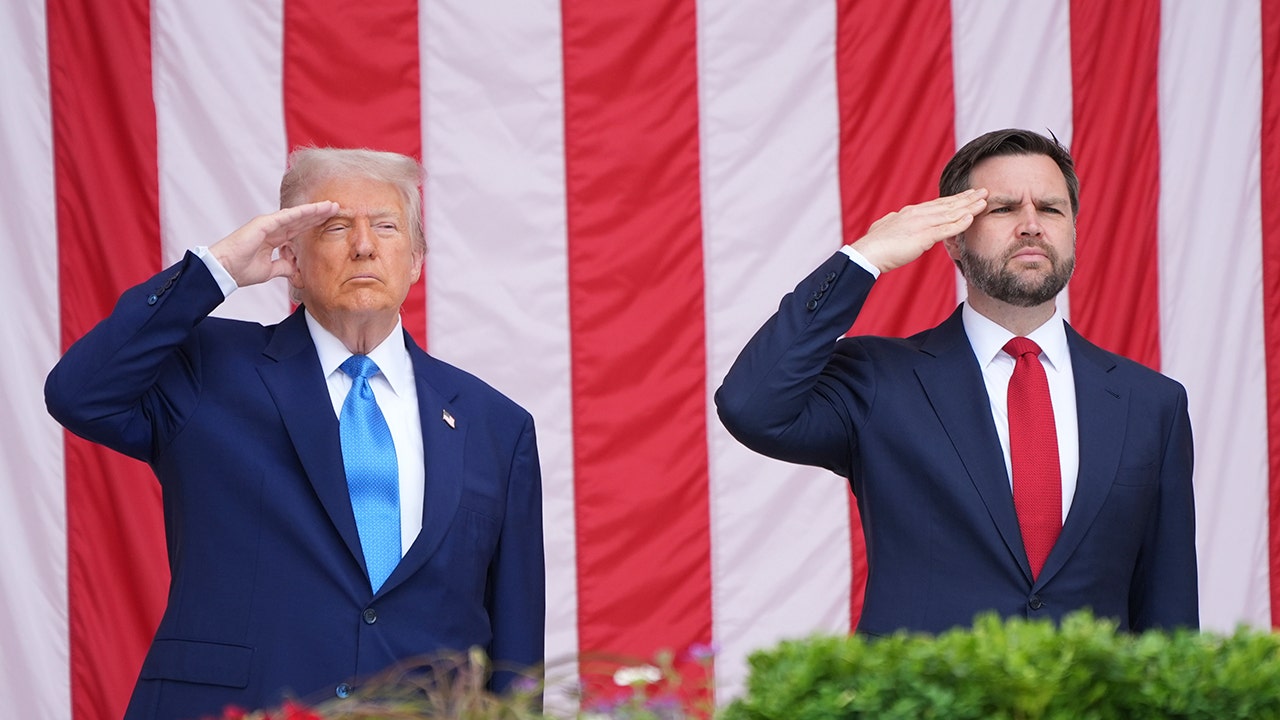NEWYou can now listen to Fox News articles!
College sports are being re-engineered in real time — not by coaches, campus leaders or even Congress, but by hedge funds. The Big Ten is advancing a multibillion-dollar private-capital deal that would spin up a new commercial arm, extend control of media rights through 2046, give investors a say in a new entity, and tier distributions toward the biggest brands. That’s not a tweak; it’s a restructuring of who controls college sports’ core assets.
Public officials are flashing warning lights. My colleague and fellow Washington state lawmaker Democratic Sen. Maria Cantwell warned in a letter to Big Ten presidents that selling stakes in university athletics to private equity may conflict with academic missions, jeopardize tax-exempt purposes and is advancing without full trustee briefings at some schools. Families and taxpayers deserve transparency before public assets are auctioned off to the highest bidder.
Meanwhile, campus leaders say the financial framework governing college sports is harmful. Their top concern is House v. NCAA, a settlement to an antitrust lawsuit brought by college athletes against the NCAA for the power conferences' anti-competitive behavior. It lets schools pay athletes under a salary cap that only the richest schools can afford, while the NCAA and the rest of Division I schools pay $2.8 billion in back damages. An overwhelming 76% of leaders—including nearly nine in 10 college presidents — say the settlement will harm athletics.
REPORTER'S NOTEBOOK: CONGRESS TARGETS COLLEGE SPORTS 'WILD WEST' AS NIL COMPENSATION FIGHT HEATS UP
The financial disparities don’t stop there. Every week there seems to be a new scandal. Take the Big Ten: Penn State just fired its coach with a buyout of more than $49 million — an amount that rivals or exceeds the entire annual athletics budget at hundreds of Division I universities outside the top tier. USA Today’s public-school finance database shows only a few dozen programs above $50 million.
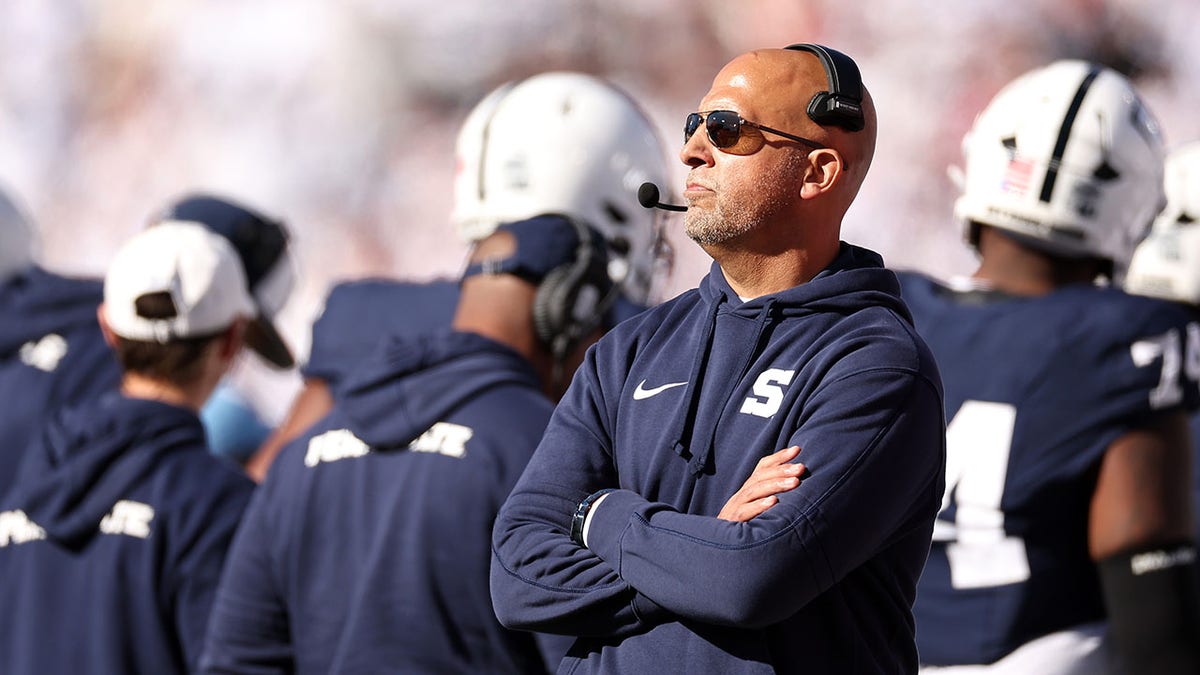
Now-former head coach James Franklin of the Penn State Nittany Lions looks on during the second quarter against the Ohio State Buckeyes at Beaver Stadium on Nov. 2, 2024, in State College, Pennsylvania. (Scott Taetsch/Getty Images)
There’s more money than ever — but fewer opportunities as "non-revenue" programs get cut to keep up. Public university athletics are heavily subsidized — billions in tax-exempt bonds, deductible gifts, federal and state funding, land grants and federal student aid. I agree with Cantwell: the assets under their control should serve an educational mission, not be carved into a new private equity asset class.
Congress should act — starting with my PROTECT Act. It would draw a bright line around public-purpose assets: universities, conferences and their affiliates may not sell, pledge or outsource control of core athletics revenues and media rights to outside financiers. My bill would bar private-equity and foreign sovereign-wealth stakes or voting rights in college sports media and revenues.
TOM BRADY IMPLORES PARENTS TO 'TEACH YOUR KID THE RIGHT VALUES' AMID RISE OF NIL IN COLLEGE SPORTS
If outside financing is needed for facilities or ticketing systems, fine — just not control of the sports themselves, or in partnership with non-transparent financiers like private equity and sovereign funds.
Now consider the SCORE Act. Proponents pitch it as order amid chaos. In practice, it codifies the House settlement — a TV-revenue model built for the largest programs — and pairs it with broad antitrust protections for conferences and their new commercial subsidiaries. Do we really want to entrench the very structure that leaders say is bad for college sports, while conferences explore investor-backed "commercial arms" and decades-long grants of rights?
We can choose differently. Give the president’s "Saving College Sports" executive order time to take root: curb third-party pay-for-play, clarify athlete status so scholarships and rosters are protected, and keep women’s and Olympic sports from being crowded out. Let the agencies do their part while Congress fixes what only Congress can fix, guided by commonsense principles:
LEGENDARY SPORTS AGENT BREAKS DOWN TRUMP'S 'SAVING COLLEGE SPORTS' EXECUTIVE ORDER
- Treat college sports as a public good: Keep core media and revenue control under universities, not investors.
CLICK HERE FOR MORE FOX NEWS OPINION
- Cap excess and restore balance: Use the same competitive-balance logic Congress already allows in professional sports. Adopt spending caps and revenue sharing that protect scholarships, roster spots and Title IX across all varsity sports.
- Equal footing for athletes, consistent with Title IX: Provide a baseline per-athlete revenue share across all varsity sports, with no differentiation between men's and women’s sports.
There’s more money than ever — but fewer opportunities as "non-revenue" programs get cut to keep up.
- Cut costs that don’t help students learn or graduate: Ban cross-country regular-season games on school days; encourage regional scheduling to reduce travel miles, expenses and missed class time.
CLICK HERE TO GET THE FOX NEWS APP
- Clean up market behavior: Establish a national name, image or likeness (NIL) standard with transparency and real anti-tampering penalties; right-size transfer rules so every offseason isn’t wholesale free agency.
Congress should stop the sell-off, cool the bidding wars and put education first. Pass the PROTECT Act’s guardrails, let the executive order run, and write rules that preserve opportunities in women’s and Olympic sports while keeping Saturdays special. Parents, presidents, fans — this is your moment to insist that college sports remain a public trust, not a private asset class.
Congressman Michael Baumgartner represents Washington's 5th congressional district.

 6 hours ago
2
6 hours ago
2
